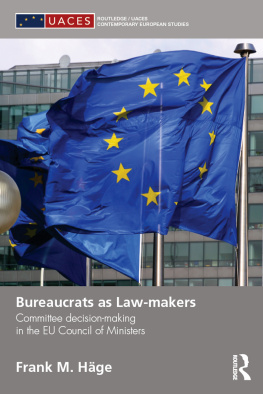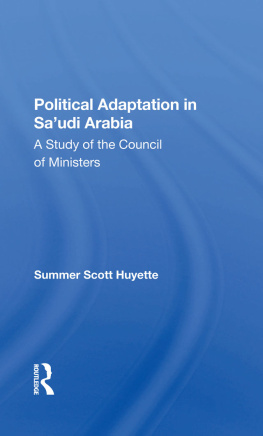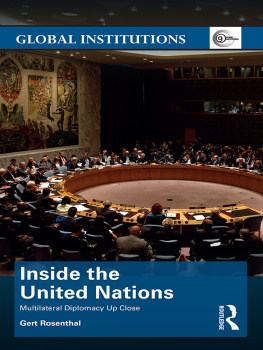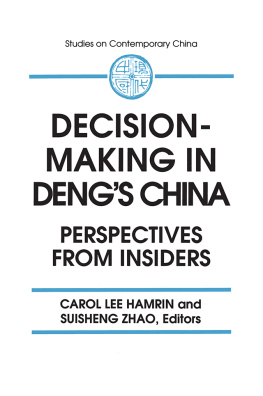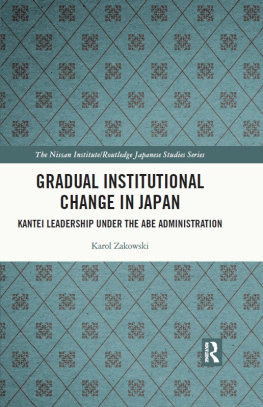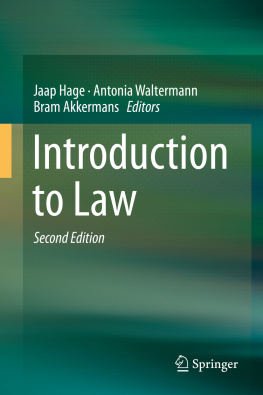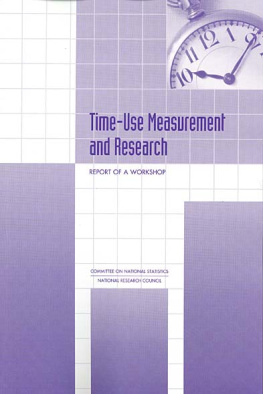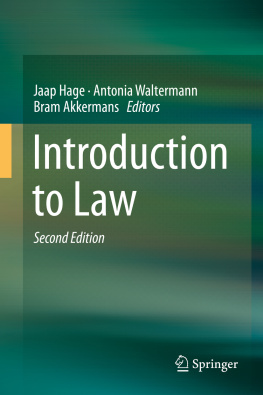Bureaucrats as Law-makers
The Council of Ministers is one of the most powerful institutions of the European Union (EU) and plays a major role in the European policy-making process. Drawing on formal theory and combining quantitative and qualitative methods in an innovative fashion, this book provides novel insights into the role of national bureaucrats in legislative decision-making of the Council of the EU.
The book examines and describes the Council of Ministers' committee system and its internal decision-making process. Relying on a wide quantitative dataset as well as six detailed case studies in the policy areas of Agriculture, Environment and Taxation, it provides a comprehensive and systematic assessment of the extent to which national bureaucrats act as law-makers in the Council. It also examines the degree to which theories on collective decision-making, delegation and international socialisation can account for variation in the involvement of bureaucrats. Investigating how often and why national officials in working parties and committees, rather than ministers, make legislative decisions in the EU, this book addresses the implications of bureaucratic influence for the democratic legitimacy of Council decision-making. The author finds that ministers play a generally more important role in legislative decision-making than often assumed, alleviating, to some extent, concerns about the democratic legitimacy of Council decisions.
Bureaucrats as Law-makers will be of interest to students, scholars and practitioners in the field of European Union politics and policy-making, legislative decision-making, intergovernmental negotiations and international socialisation.
Frank M. Hge is a Lecturer in Politics at the University of Limerick, Ireland.
Routledge/UACES Contemporary European Studies
Edited by Federica Bicchi, London School of Economics and Political Science, Tanja Brzel, Free University of Berlin, and Mark Pollack, Temple University, on behalf of the University Association for Contemporary European Studies
Editorial Board: Grainne De Brca, European University Institute and Columbia University; Andreas Fllesdal, Norwegian Centre for Human Rights, University of Oslo; Peter Holmes, University of Sussex; Liesbet Hooghe, University ofNorth Carolina at Chapel Hill, and Vrije Universiteit Amsterdam; David Phinnemore, Queen's University Belfast; Ben Rosamond, University of Warwick; Vivien Ann Schmidt, University of Boston; Jo Shaw, University of Edinburgh; Mike Smith, University of Loughborough and Loukas Tsoukalis, ELIAMEP, University of Athens and European University Institute.
The primary objective of the new Contemporary European Studies series is to provide a research outlet for scholars of European Studies from all disciplines. The series publishes important scholarly works and aims to forge for itself an international reputation.
1 The EU and Conflict Resolution
Promoting peace in the backyard
Nathalie Tocci
2 Central Banking Governance in the European Union
A comparative analysis
Lucia Quaglia
3 New Security Issues in Northern Europe
The Nordic and Baltic states and the ESDP
Edited by Clive Archer
4 The European Union and International Development
The politics of foreign aid
Maurizio Carbone
5 The End of European Integration
Anti-Europeanism examined
Paul Taylor
6 The European Union and the Asia-Pacific
Media, public and elite perceptions of the EU
Edited by Natalia Chaban and Martin Holland
7 The History of the European Union
Origins of a trans- and supranational polity 195072
Edited by Wolfram Kaiser, Brigitte Leucht and Morten Rasmussen
8 International Actors, Democratization and the Rule of Law
Anchoring democracy?
Edited by Amichai Magen and Leonardo Morlino
9 Minority Nationalist Parties and European Integration
A comparative study
Anwen Elias
10 European Union Intergovernmental Conferences
Domestic preference formation, transgovernmental networks and the dynamics of compromise
Paul W. Thurner and Franz Urban Pappi
11 The Political Economy of State Business Relations in Europe
Interest mediation, capitalism and EU policy making
Rainer Eising
12 Governing Financial Services in the European Union
Banking, securities and post-trading
Lucia Quaglia
13 European Union Governance
Efficiency and legitimacy in European commission committees
Karen Heard-Laurote
14 European Governmentality
The liberal drift of multilevel governance
Richard Mnch
15 The European Union as a Leader in International Climate Change Politics
Edited by Rdiger K. W. Wurzel and James Connelly
16 Diversity in Europe
Dilemmas of differential treatment in theory and practice
Edited by Gideon Calder and Emanuela Ceva
17 EU Conflict Prevention and Crisis Management
Roles, institutions and policies
Edited by Eva Gross and Ana E. Juncos
18 The European Parliament's Committees
National party influence and legislative empowerment
Richard Whitaker
19 The European Union, Civil Society and Conflict
Nathalie Tocci
20 European Foreign Policy and the Challenges of Balk an Accession Sovereignty Contested
Gergana Noutcheva
21 The European Union and
South East Europe
The dynamics of Europeanization and multilevel governance
Andrew Taylor, Andrew Geddes and Charles Lees
21 Bureaucrats as Law-makers
Committee decision-making in the EU Council of Ministers
Frank M. Hge

